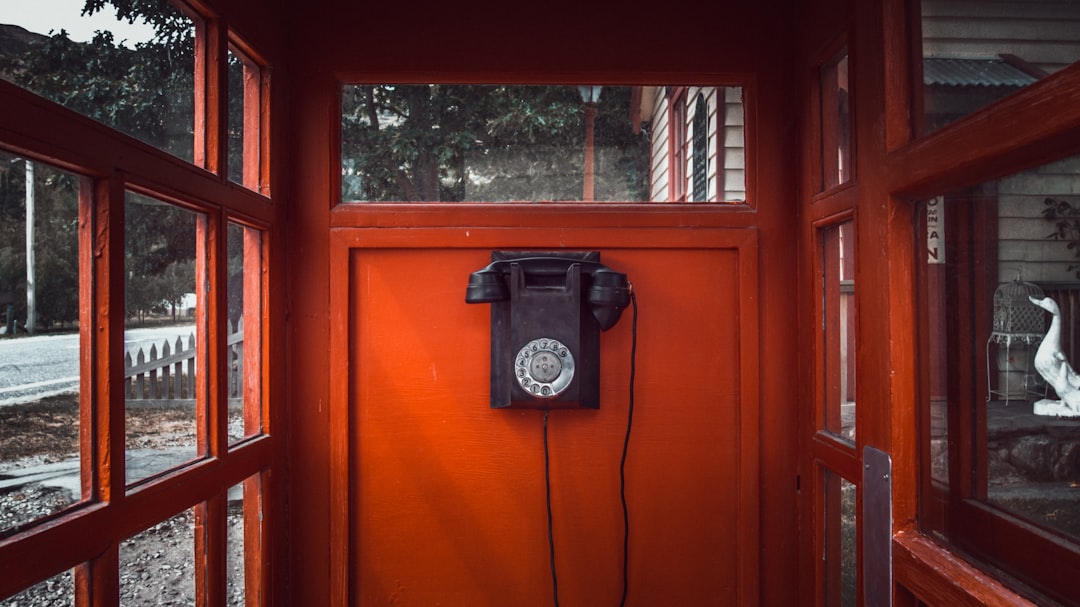Bloomington businesses can protect consumer privacy and avoid Illinois' No Call Laws fines by registering with the National Do Not Call Registry (FTC). This free tool helps them identify and stop calling registered numbers, ensuring compliance and refining marketing strategies. Engaging a lawyer specializing in No Call Laws Illinois is crucial for navigation, registration, and preventing legal repercussions related to privacy rights violations. By prioritizing this registry, businesses can reduce complaints, build trust, and maintain strong customer relationships.
Bloomington businesses can significantly enhance customer relations by understanding and leveraging the National Do Not Call Registry. This comprehensive guide explores how local enterprises can navigate Illinois’ stringent No Call Laws, a key legal framework aimed at protecting consumer privacy. By accessing and verifying numbers on the registry, businesses can implement effective opt-out requirements, ensuring compliance and fostering positive relationships with customers. Discover the benefits and potential challenges of utilizing this powerful resource, courtesy of expert insights from a lawyer specializing in Illinois’ No Call Laws.
Understanding the National Do Not Call Registry: A Resource for Bloomington Businesses

Bloomington businesses, especially those in the sales and marketing sectors, can greatly benefit from understanding and utilizing the National Do Not Call Registry (DNC). This comprehensive list, maintained by the Federal Trade Commission (FTC), allows consumers to opt-out of receiving telemarketing calls. By adhering to the DNC, businesses not only respect consumer privacy but also avoid potential legal repercussions, including fines imposed by a lawyer for No Call Laws Illinois.
The registry is free to use and offers a straightforward process for businesses to ensure they’re not contacting registered numbers. This resource is particularly valuable for Bloomington companies aiming to maintain compliance with state and federal regulations while refining their marketing strategies. By prioritizing the DNC list, businesses can focus on reaching potential customers who have actively consented to receive calls, thereby enhancing their overall sales effectiveness.
The Legal Framework: Illinois' No Call Laws and Their Impact

In the state of Illinois, the National Do Not Call Registry is supported by robust laws aimed at protecting residents from unwanted telemarketing calls. These No Call Laws are designed to give consumers control over their phone numbers and privacy. If a business in Bloomington, IL, makes telemarketing calls without proper authorization, it may face legal repercussions. Engaging the services of a lawyer for No Call Laws Illinois is crucial for businesses to understand and comply with these regulations.
Bloomington businesses must register with the National Do Not Call Registry to ensure they are following state laws. Non-compliance can result in fines and damage to the company’s reputation. A qualified lawyer for No Call Laws Illinois can guide businesses through this process, ensuring they stay within legal boundaries and avoid potential legal issues that may arise from violating consumer privacy rights.
How to Access and Verify Numbers on the Registry

To access and verify numbers on the National Do Not Call Registry, businesses in Bloomington should start by visiting the official website maintained by the Federal Trade Commission (FTC). There, they can search for specific phone numbers using an online tool that checks if a number is registered. This resource is free to use and allows businesses to quickly identify calls they need to avoid placing due to consumer preferences.
Verification is crucial when dealing with no-call laws, including those in Illinois, where a lawyer specializing in No Call Laws can provide guidance on compliance. Once a number is identified as registered, businesses should update their internal records and implement measures to prevent calling that number. This ensures compliance not just with federal regulations but also with local laws enforced by lawyers for No Call Laws in Illinois.
Implementing Opt-Out Requirements: Best Practices for Businesses

Bloomington businesses should adopt best practices when it comes to implementing opt-out requirements, especially regarding the National Do Not Call Registry (DNCR). One crucial step is to ensure that all marketing and sales calls adhere to federal and state regulations, including the Telephone Consumer Protection Act (TCPA) and Illinois’ No Call Laws. It’s essential to train employees on proper call procedures, such as obtaining explicit consent before dialing and respecting consumer choices to opt out.
Hiring a lawyer specializing in No Call Laws Illinois can provide valuable guidance tailored to your business needs. They can assist in crafting clear policies, implementing effective tracking systems for consumer preferences, and establishing protocols for compliance monitoring. This proactive approach not only helps businesses avoid legal repercussions but also fosters trust with customers, demonstrating a commitment to responsible marketing practices.
Benefits and Challenges: Enhancing Customer Relations through Registry Usage

Bloomington businesses can significantly enhance customer relations by adhering to and utilizing the National Do Not Call Registry. One of the primary benefits is reduced consumer complaints and negative feedback. By respecting customers’ privacy and preferences, companies can foster trust and loyalty. This is particularly important in Illinois, where a lawyer for No Call Laws can guide businesses on navigating and complying with state regulations.
However, challenges may arise when effectively implementing this registry. Businesses need to ensure accurate data management and regular updates to avoid unintentional contact with registered numbers. Additionally, staying informed about evolving laws and regulations, such as those enforced by a lawyer for No Call Laws Illinois, is crucial to maintain compliance and prevent legal issues. Despite these challenges, the long-term benefits of improved customer satisfaction and retention make utilizing the registry a strategic decision for Bloomington businesses.






